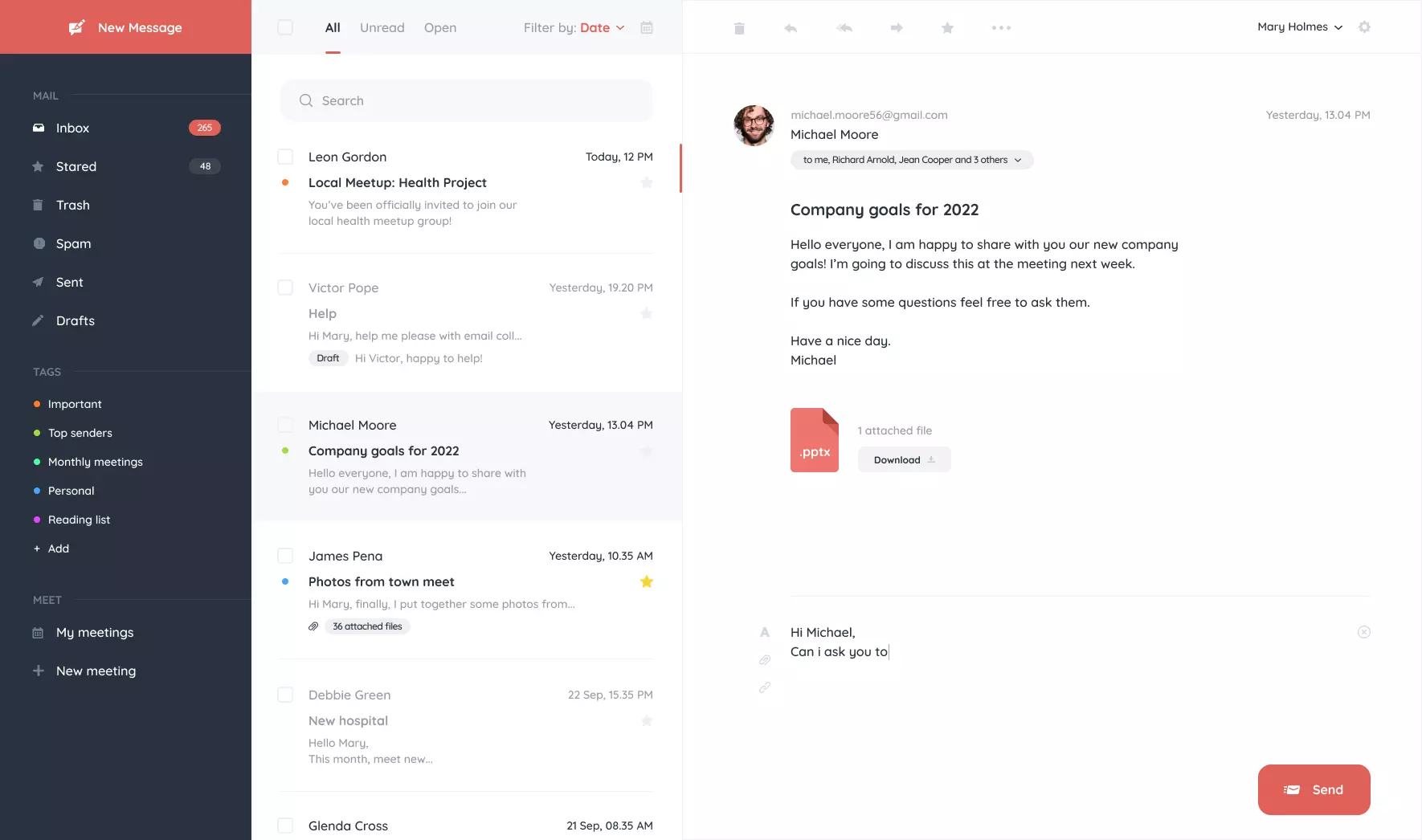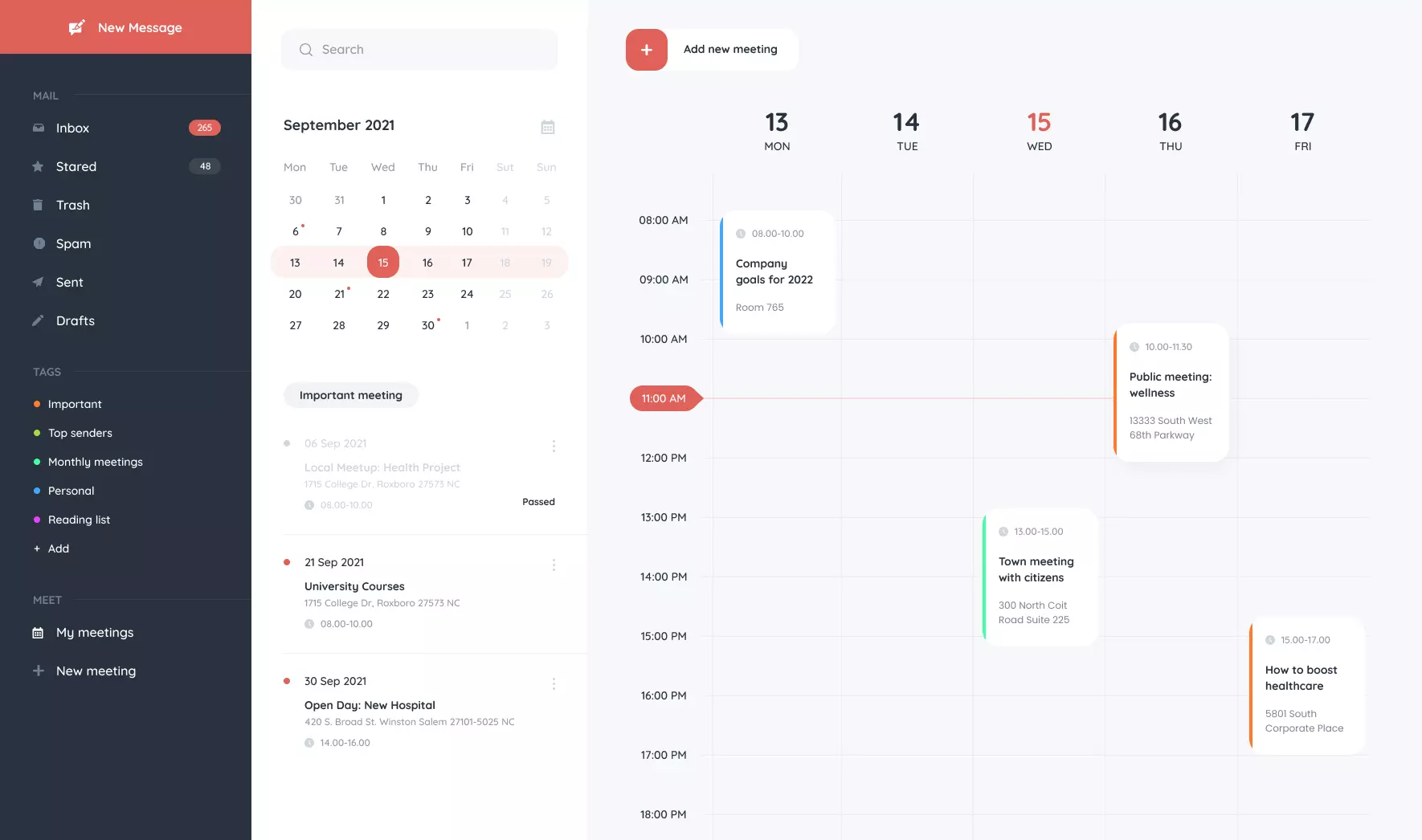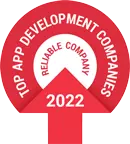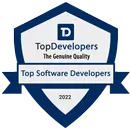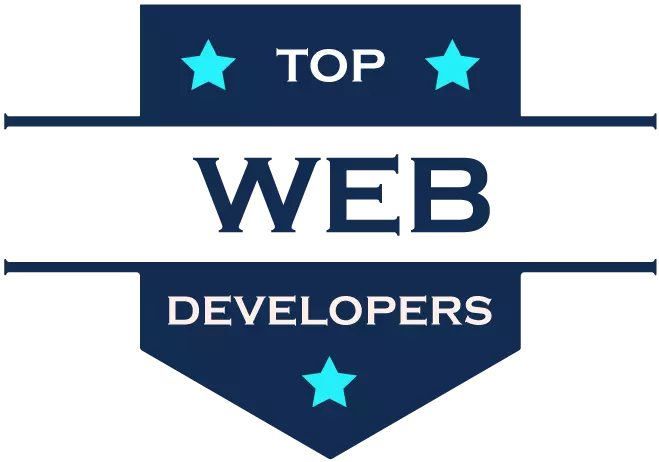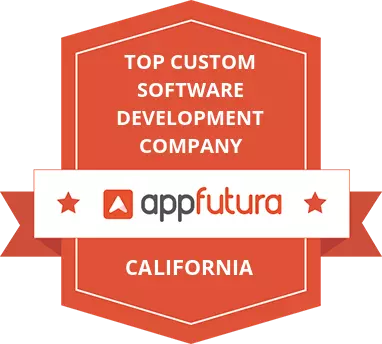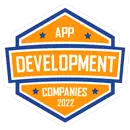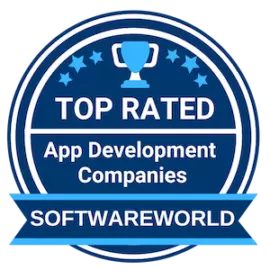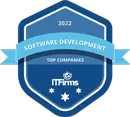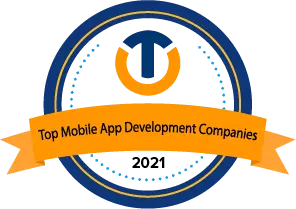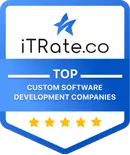Automating E-mail Management and the Planning of Public Meetings
Description
A provider of software solutions for public and legal sectors turned to Altoros to automate e-mail management in municipal administrations.
The customer
Based in the US, the customer is a provider of software solutions to a public sector. The company’s main offering is a platform that helps local governments to automate e-mail management and organize public town meetings to discuss arising issues in economy, education, health, wellness, etc.
The need
Local governments receive hundreds of daily e-mails from citizens who want to speak at town meetings. Municipal clerks review the messages, sorting inquiries by topics and publishing relevant ones in a meeting agenda on the administration’s website. This manual processing may take a clerk up to 8 hours per week. The bigger the population, the more time-consuming becomes the task, so citizens may wait for weeks till their e-mails are reviewed.
Relying on Altoros, the customer wanted to build a platform that automates this process. The company planned to showcase the system to a few municipalities, so a minimum viable product (MVP) had to be delivered under tight deadlines.
The challenges
Under the project, the team at Altoros had to address the following issues:
- As city population may vary from thousands to millions, scalability was a top priority, as well as high availability and performance.
- Since the system had to process personal information (names, e-mail address, etc.), it was important to ensure data security.
- As people with disabilities would also utilize the platform, compliance with Section 508 of the Rehabilitation Act had to be enabled.
The solution
Stage 1. After analyzing the customer requirements, engineers at Altoros identified the essential features to include in the MVP and created a timewise roadmap for their implementation. Moving along the set milestones, our developers delivered the MVP in 8 weeks.
Stage 2. By building a stateless architecture, team at Altoros enabled high availability and stable performance of the system, also laying the foundation for scaling on demand. Using JWT token authentication, our engineers implemented role-based data access. To ensure data privacy, developers at Altoros provided granular permissions to review e-mails. In addition, municipal clerks may use a built-in editor that allows for erasing personal information (name, address, etc.) from the e-mail before publishing it on the meeting agenda. Then, our team created an import tool that retrieved the bulk of e-mails from Microsoft Outlook. Employing the POP3 and IMAP protocols, engineers at Altoros made it possible to automatically upload all the new incoming e-mails to the platform without any data loss.
Stage 3. To comply with Section 508 of the Rehabilitation Act, our developers implemented all the required accessibility mechanisms. For instance, the team at Altoros enabled users with low vision to navigate with a keyboard, mouse, or screen reader, as well as adjust font sizes. All videos and images have text descriptions. In addition, our engineers utilized a color palette with the required contrast ratio for better visibility. Individuals with impaired movement can enjoy input assistance.
Stage 4. Developers at Altoros also built a mobile app that enables citizens to track upcoming meetings and get notifications when their speech is approaching.
Stage 5. Finally, our team provided ongoing support for implementing new features while the product was in beta testing by end users.
500H
saved per month
32H
saved per clerk
35,000+
citizens
The outcome
Partnering with Altoros, the customer helped local governments to automate e-mail management, saving 500+ hours monthly on manual processing of inquiries from citizens. This way, municipal clerks can efficiently plan monthly meetings, while citizens no longer wait for weeks till their request is reviewed. The system enables clerks to review and reply to e-mails, as well as include them into the agenda of appropriate public meetings featured at the administration website. Citizens can view the issues for discussion and submit comments.
Thanks to the delivered MVP, the company partnered with a US city that has a population of over 35,000 people. A stateless architecture ensures that the system can seamlessly scale on demand to serve the needs of cities with bigger population.
Platforms
DigitalOcean, Vercel
Programming language
JavaScript
Frameworks and tools
React Native, Node.js, Next.js, Bootstrap, GraphQL, Apollo Client, Formik, styled-components
Database
PostgreSQL
Seeking a solution like this?
Contact us and get a quote within 24 hours



